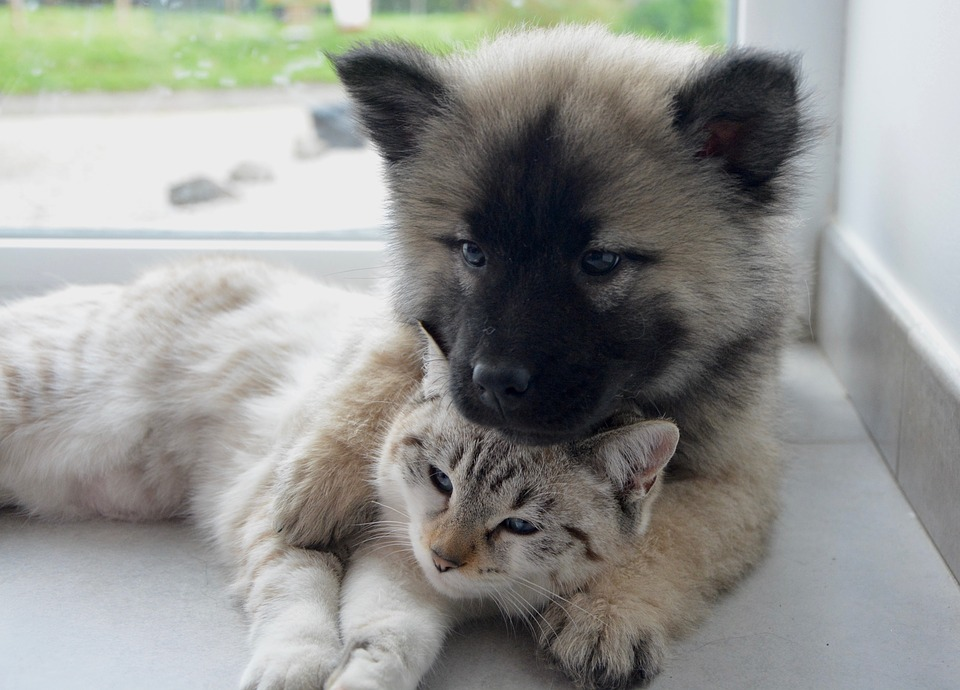Did you know in the U.S. alone, nearly $76 billion dollars is spent annually on pet expenditures?
If that’s not enough to make you howl at the moon, how about this? There are TV programs for dogs, a dog-person’s dating app, high-end pet services (e.g., spas, massages, limo rides), monitoring tech, and mobile grooming stations…just for pets!
I can tell, you’re drooling.
The opportunities in this space are limited only by your imagination. If your firm is considering supporting pet care and dog walking clients, here are some fun ways to harness them.
The Plan
In order to reach clients in this space, you need a plan. Here are seven common marketing steps with a pet-centric twist to help you get started.
- Create a plan. Identify what you’re willing to do to gain these clients. Will you attend events, speak at conferences, get involved with causes, spend money on advertising, create compelling website content, develop website landing pages, and more? If you answered, “Yes!” then keep reading.
- Identify your target market geographically and by client type—know who you want to attract; where they are located; what type of services they offer; and identify their pain points.
- Decide if you need a new brand or sub-brand for your existing practice. If you’d like a new brand, consider working pets or dogs into the branding effort, from the domain name to the imagery. If it’s a sub-brand be sure to segregate part of your website to the sub-brand with its own content, landing pages, look and feel, and more.
- Classify the services you want to offer this particular audience. Will it be the same services you offer to other clients, or will it be unique to this client base?
- Create blog, social media, and website content that will draw in the clients. Also, identify the type of media they consume to help you create the content they prefer. Using a pet- or dog-related, fun call-to-action will resonate with them too, such as “Avoid barking up the wrong tree. Call us today!,” “It’s meow or never. Registration is limited!,” “Don’t be a fish out of water. Get the tools you need to succeed.,” and “Scrap going cold turkey. We are here to help.”
- Spend a little to make a lot. Add a marketing budget to your plan and spend it wisely. Think strategically about where your audience spends time. Then, spend money there. It might be on websites, or events, social media, or in magazines.
- Hussle. Clients are not going to come knocking on your door because you hung a sign outside. You have to get involved and be active in the industry you want to attract. It’s okay, they don’t bite.
What would a marketing campaign look like?
In order to have a successful marketing campaign, you must begin at its end. What is your goal or why are you doing this? Once that’s defined you will know what you need to do to make it successful. Here is an example.
- Goal: Generate 15 leads from the pet care industry over a period of the next three months.
- Audience: Pet Care industry franchisees and small business owners with revenue between $250,000 – $1 million in the [name] geographic region.
- Brand: Main brand with a sub-brand for the pet-care industry on the existing site (i.e., unique landing page(s) and content are needed)
- Services: payroll, tax, and software services
- Content topic: Blog article/Checklist about small business accounting software tool; case study video/podcast of existing client’s use of our accounting software tools; plus, a lead generation page for accounting software services you provide with links to the blog and case study. [This step will be repeated over and over for each service line and topic you plan to cover.]
- Ads/Budget: Spend your budget ($150 – $350) on social media channels, like Facebook and Instagram, or Google’s display network placement for specific websites for a two- to three-week period. The ads would link to your landing page.
- Hussle: Research local events you/your team can get involved with, such as speaking at the Chamber of Commerce, attending or sponsoring a pet-related event, hosting a talk at the local library or pet-friendly location, etc. Remember to bring along a promotional item that “speaks” their language, such as t-shirts, bandanas, frisbees/toys, or post-it notes with a slogan and your brand on it, such as “Stop chasing your tail. Leave the accounting to us!”
Now that you have a plan and an example, avoid the wild goose chase. Focus your efforts, know your audience and their pain points, and become a best-in-breed, pet-industry accountant.
Thanks for reading CPA Practice Advisor!
Subscribe Already registered? Log In
Need more information? Read the FAQs





